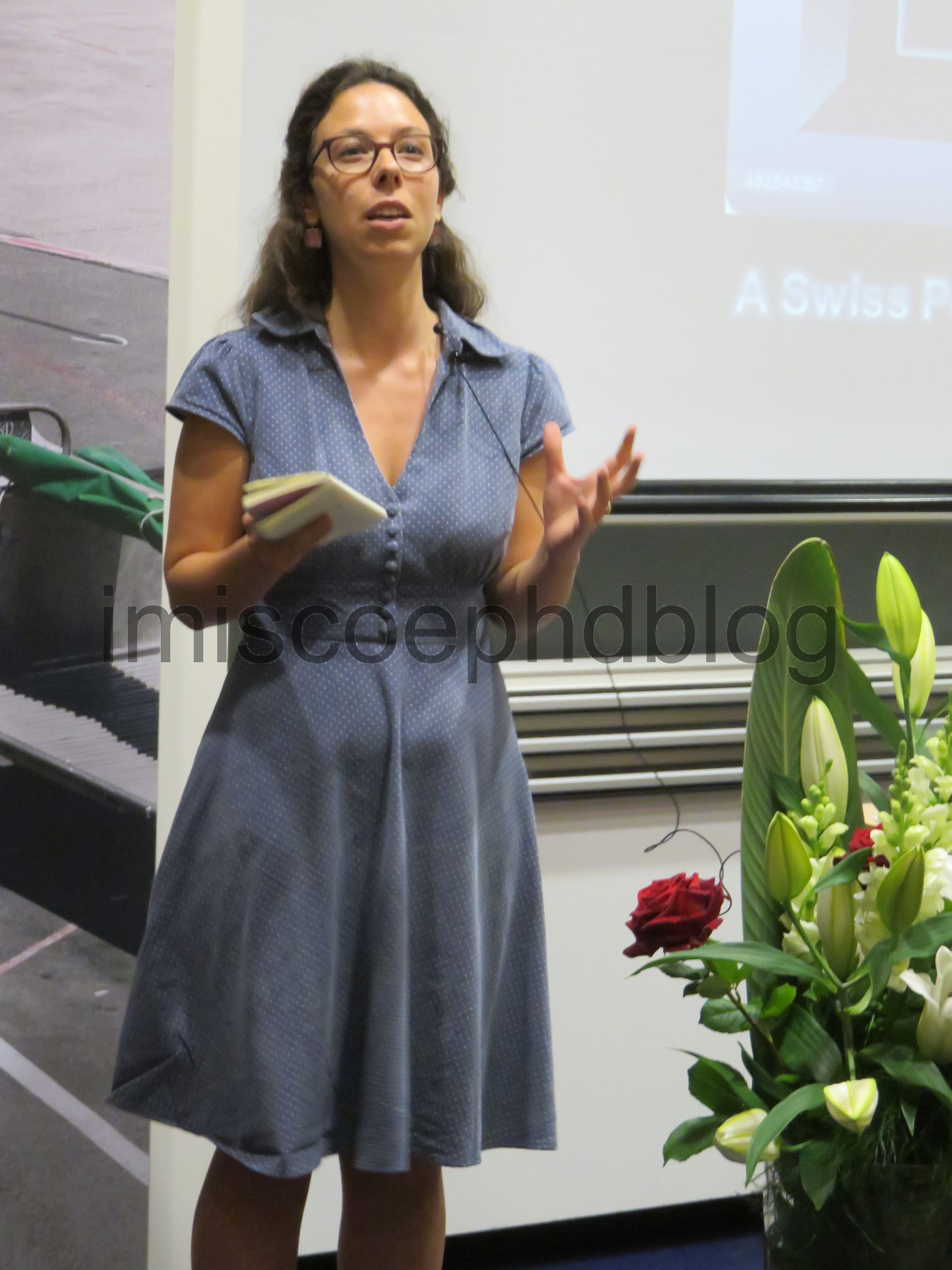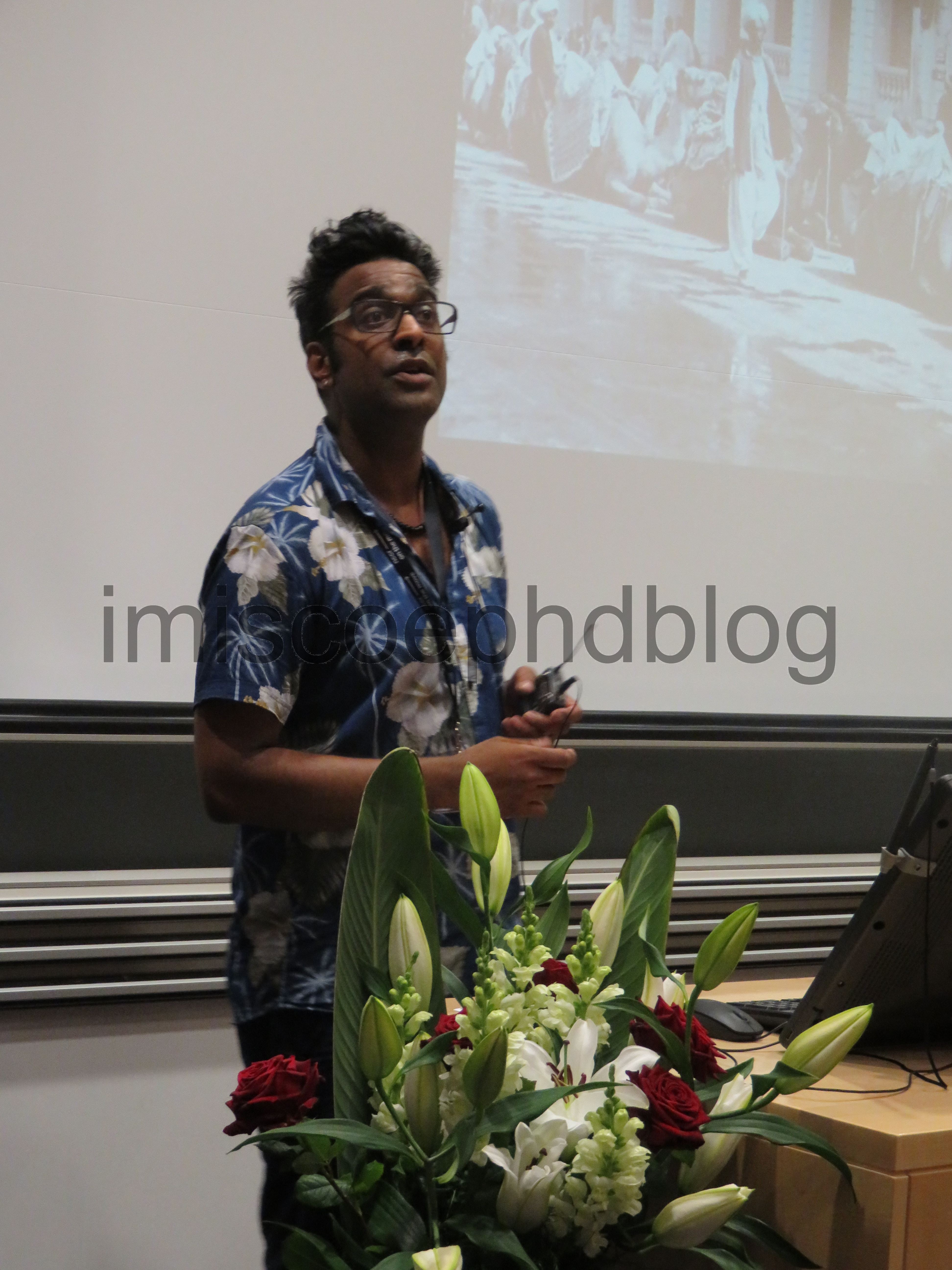Are you often bored by people talking endlessly about their slides whereas their audience is slowly falling asleep – the so-called “death by PowerPoint”? So you might want to try out Pecha Kucha.
Also Andreas Perret and Rohit Jain from the NCCR on the move in Neuchatel (Switzerland) wanted to introduce something new for this year’s conference. For those of you don’t know it, this NCCR (National Centre of Competence in Research, funded by the Swiss National Science Foundation) is a member of IMISCOE and conducts research on contemporary migration and mobility.
A Pecha Kucha presentation consists of 20 slides which will be projected for 20 seconds each without any possibility to stop them, or in Rohit’s words, “there is no panic button”. Pecha Kucha was invented by designers in Japan more than 10 years ago to ensure more efficient communication, and add some fun to presentations. In the meantime, the presentation style has reached academia and, according to Rohit, who both introduced the presenters and held a talk himself, it has become the academic equivalent of downhill skiing.
To sum up, creating a Pecha Kucha presentation can be quite challenging since it requires more preparation, practice and rehearsal than a normal talk, but at the same time you learn a lot about speaking rhythm. For the audience, it was sometimes quite funny when some participants found out that 20 seconds can be very long, whereas others tried it the sportive way (plan time to breathe!). And don’t use complicated slides with many statistics, long quotes etc. – you won’t have time to explain them. Better show images or simple graphics. Although of course, not all topics or occasions might be suitable for this kind of presentation.


Yvonne Siemann
is a PhD candidate at the University of Lucerne. Her thesis deals with Japanese descendants and their identity constructions in Santa Cruz, Bolivia.
Within the IMISCOE PhD Network Yvonne is a member of the soundboard and editor and contributor to the IMISCOE PhD Blog.
